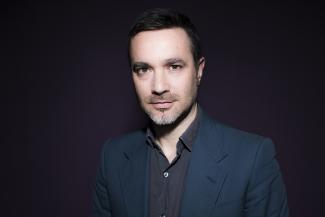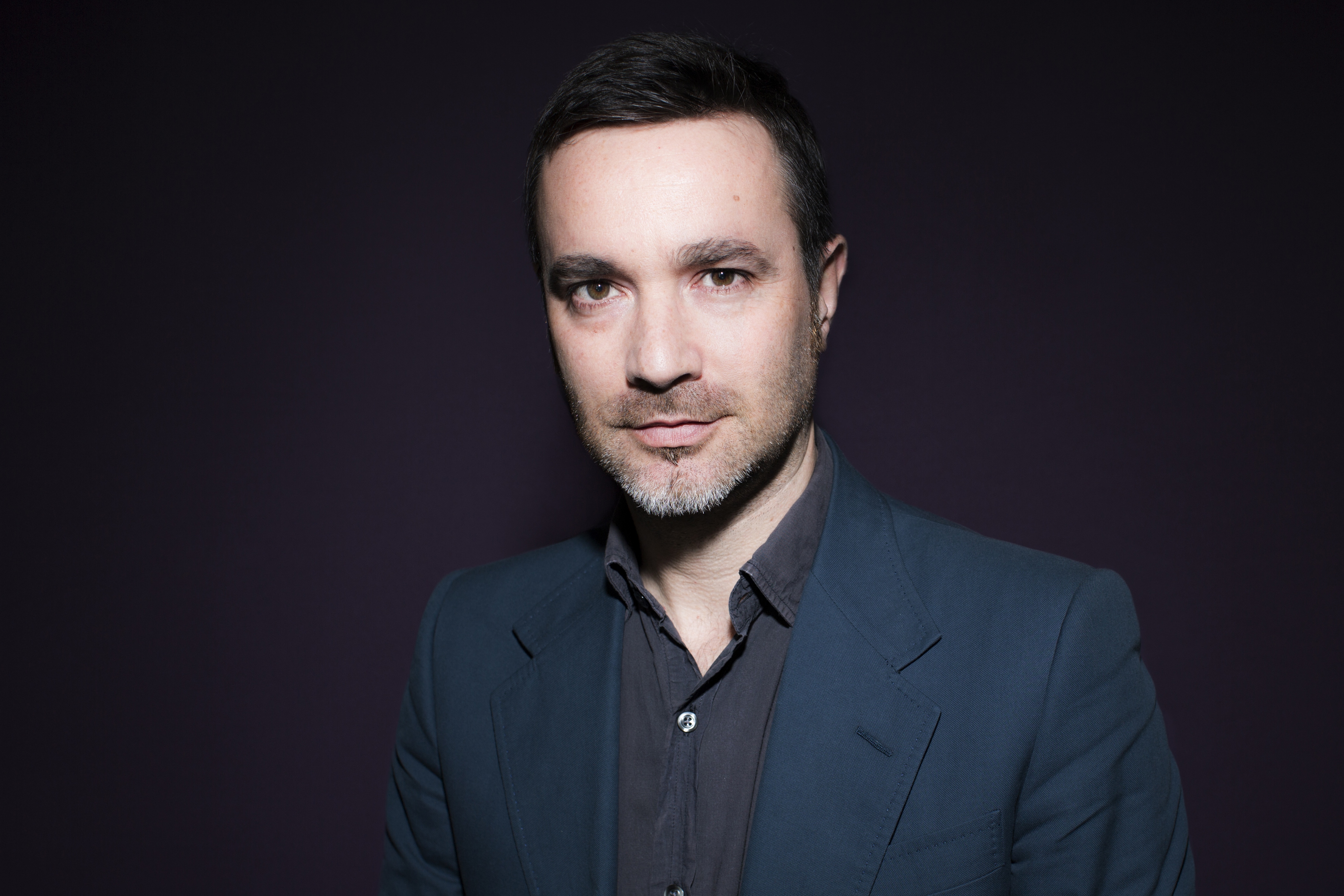Family Reunion, Regularisation, Co-Development: Is the "European Pact on Immigration and Asylum" still useful?

Practical information
Conference with Thomas Huddleston, Policy Analyst, Migration Policy Group, and Henry Marti-Gauquié, Director, Liaison with International Organizations, European Investment Bank Group Representative in Paris. Chaired : Christophe Bertossi, Senior Research Fellow, Head of the "Migrations, Identities, Citizenship" at Ifri.
The "European Pact on Immigration and Asylum" was adopted by the European Council at the end of the French EU Presidency in October 2008. By then, it was conceived by European leaders as the solution to the problems of a European migration policy. Only few months later, it seems that this Pact is not really viewed anymore as an actual basis for the future of common migration policies in Europe. While the "The Hague Programme" is ending in 2009, the European Commission is now finalising the next pluri-annual policy programme that will be presented under the Swedish Presidency (called "Stockholm Programme"). In this context, what is the usefulness of the French Presidency's European Pact? Can it be seen as a founding framework for the future of European migration policies? Was it merely a tool of political communication? These questions are addressed from a threefold perspective: family reunion policies; policies to address irregular migrants; co-development.
Speakers
Other events

Paris Naval Conference 2026: Naval Rearmament and Operations in Contested Waters
This fourth edition of the Paris Naval Conference (CNP), bringing together high-level military, industrial, and academic speakers, will address the challenges associated with general naval rearmament and naval operations in increasingly contested environments.







